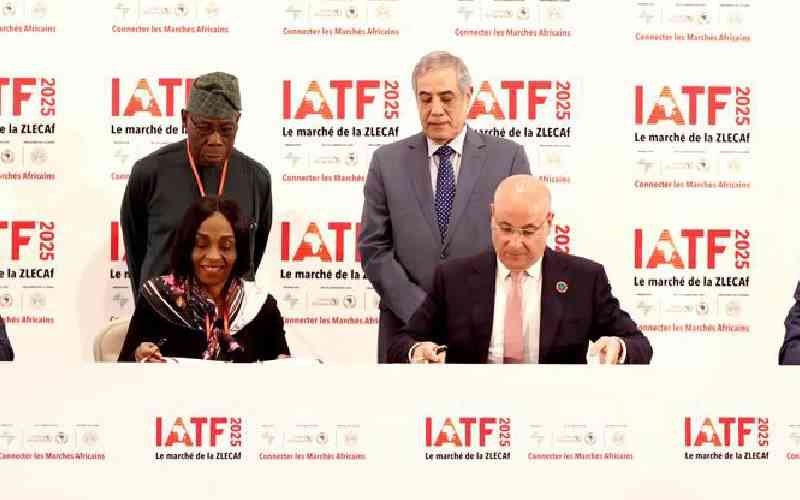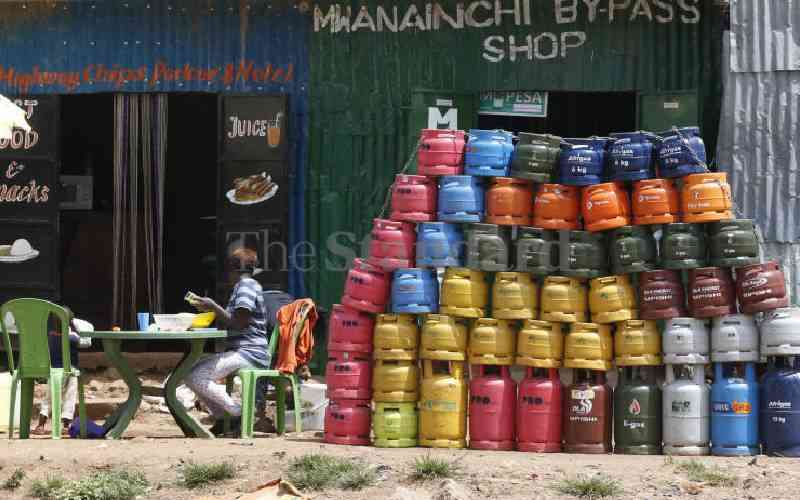By Ibrahim Khalif
A deposit taking microfinance institution launched Sh1 million home mortgages targeted at the low-end of the market a few weeks ago. The institution joins the rank of microfinance institutions (MFIs) that have lately targeted this market. Other institutions that extend loans for home ownership include co-operative societies.
Public institutions such as National Housing Corporation (NHC) and National Social Security Fund (NSSF) provide housing through tenant purchase schemes.
For many, owning a home is a very expensive venture that requires long term savings in order to raise the requisite deposit and thereafter repay the mortgage for most of one’s working life. It is in recognition of this fact and to encourage home ownership as well as mitigate the financial burden of owning a home that the government provided for tax incentives under the Income Tax Act.
There are two tax incentives for home ownership. One is known as Home Ownership Saving Plan (Hosp), which is meant to cater for those who are planning to own a home. The other is known as mortgage interest relief.
Property prices
To guard against non-qualifying depositors benefiting from Hosp tax incentive, depositors are required to provide an affidavit that they do not own or have not previously owned a home.
Under Hosp, one is entitled to a deduction against taxable income on savings of up to Sh4,000 per month for 10 years. This amount, which has remained unchanged for the last five years despite the steep rise in property prices over the same period. It is therefore not in tandem with the change in property prices over the last few years. In addition to the deduction, interest of up to Sh3 million earned on the savings is exempt from tax.
Any premature withdrawal of the deposits and use of the deposit for purpose other than building a home would result in claw back of the deduction, which will be subjected to tax. However, in order to qualify for the deduction, the savings must be with a saving plan registered with the Kenya Revenue Authority (KRA).
Sadly, not all financial institutions qualify to operate Hosp, as this is the preserve of banks, insurance companies and building societies.
Clain relief
MFIs that wish to venture into this area of saving for home ownership are barred from doing so as the Income Tax Act does not recognise them as ‘approved institutions’ for purpose of Hosp. Similar kind of unfair and inequitable tax treatment that exists under Hosp is replicated under mortgage interest relief. This relief provides for a deduction of mortgage interest of up to Sh150,000 per annum or Sh12,500 per month against one’s taxable income.
To qualify for the relief, one should be in occupation of the premises and only one residence qualifies for the relief. This means that a polygamist servicing two mortgage loans will not qualify for the relief in respect of both homes.
Employers who give relief without verifying that the employee actually lives at the subject property and employees claiming the relief when they do not live at the address risk penalties if discovered by the KRA. This relief is given only on interest paid to banks, insurance companies, building societies and NHC.
Vision 2030
NHC is a late entrant into the list having been included in 2008 after I highlighted how homeowners financed under tenant purchase schemes and co-operatives do not benefit from the tax incentives. However, home owners under NSSF tenant purchase scheme, co-operatives and now, MFIs will continue to suffer unless the tax legislation is changed to recognise the institutions as credible players in providing housing.
The inequitable tax incentive contradicts vision 2030 objective of enhancing equity and wealth creation opportunities for the poor.
It is also not supportive of the development of the nascent MFIs, which are playing significant role in the much touted government policy of financial inclusion. They do this by working with low income segment of our society to provide them with financial products that are suitable to their needs.
The issues I have raised above points to how our Income Tax Act, which is 40 years old has not kept pace with the changes in our economic, social and technological landscape. The more I use the Act, the more I see how long overdue its replacement has been.
—The writer is a senior tax manager, Deloitte East Africa. The views expressed in this article do not necessarily represent those of Deloitte East Africa.
 The Standard Group Plc is a multi-media organization with investments in media
platforms spanning newspaper print operations, television, radio broadcasting,
digital and online services. The Standard Group is recognized as a leading
multi-media house in Kenya with a key influence in matters of national and
international interest.
The Standard Group Plc is a multi-media organization with investments in media
platforms spanning newspaper print operations, television, radio broadcasting,
digital and online services. The Standard Group is recognized as a leading
multi-media house in Kenya with a key influence in matters of national and
international interest.
 The Standard Group Plc is a multi-media organization with investments in media
platforms spanning newspaper print operations, television, radio broadcasting,
digital and online services. The Standard Group is recognized as a leading
multi-media house in Kenya with a key influence in matters of national and
international interest.
The Standard Group Plc is a multi-media organization with investments in media
platforms spanning newspaper print operations, television, radio broadcasting,
digital and online services. The Standard Group is recognized as a leading
multi-media house in Kenya with a key influence in matters of national and
international interest.









